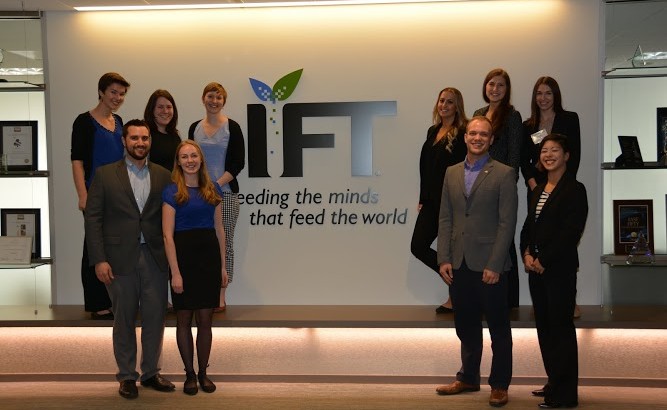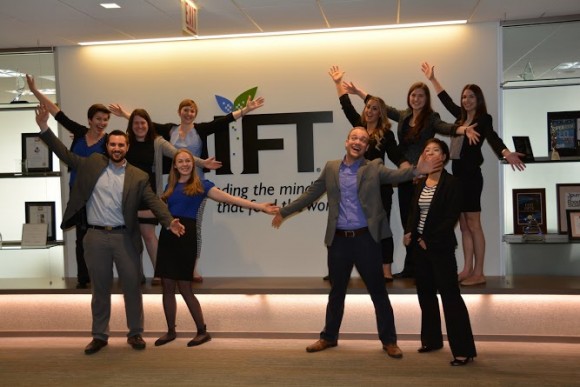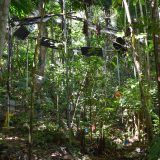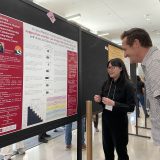
Battling Miscommunication in the Field of Food Science
April 30, 2015
As food science students who are on the never-ending battle for knowledge, we are given the opportunity to offer our expertise on controversial food topics to friends, family and anyone else who may be curious (let’s face it, who isn’t curious about what they’re eating?!).
However, while we spend much of our time with our noses buried in books and performing research in labs with fellow students, we may not always be able to effectively communicate our expertise to those who don’t have food science backgrounds.
CanolaInfo and the Institute of Food Technologists recognized this challenge and decided to hold the first annual
Food Communicator Workshop
on April 16
th
, 2015 in Chicago. The workshop was designed to empower students and new professionals in the field of food science to become effective and engaging communicators who are able to battle myths and misleading information in a single bound. Since space was limited, participants had earn their seats by entering the contest submitting a combination of 60-second video instructions and essays.
Out of the numerous applicants, 10 talented individuals (including myself) from various facets -including working professionals to food science graduate students- were chosen. Looking around the table, it was an honor to be the only California representative!
We all united for a co

mmon cause, to help battle miscommunication in the field of food science and help portray food science and technology in a positive light. Public speaking and social media blogging tips were among the most popular topics. There was a significant amount of time spent identifying common misconceptions in food science. We investigated the train of thought behind these misconceptions and addressed the valid concerns of consumers and misinformed food bloggers.
The workshop helped to evaluate the scope and impacts of social media, news and print, and provided interactive training to help us advocate for food science and the benefits it has for generations to come.
It was interesting to see how attendees from various geographical regions presented a wide array of common food related topics. Being one of the few attendees from the west coast allowed me to bring up some unique and controversial topics to discuss. Representing Chapman, I was able to bring unique perspectives on some controversial topics such as food insecurity, science versus nature in relation to food technology, and consumer confidence in the government versus food bloggers. Alternatively, the opportunity to be faced with controversial topics that I was unfamiliar with was refreshing. Having the ability to foster growth in addressing these topics and bringing these skills back to share with other food scientists from Chapman University was extremely beneficial.
The food industry has evolved drastically in recent years, and as emerging food scientists who are constantly on the brink of innovation, it’s our duty to ensure that we not only use our knowledge responsibly but also communicate the intention of food science accurately. IFT and CanolaInfo helped me by emphasizing the role of educating others. I look forward to promoting food scientists as advocates for a healthier sustainable food supply for generations to come.
By Tamar Serapian, Food Science Graduate Student

